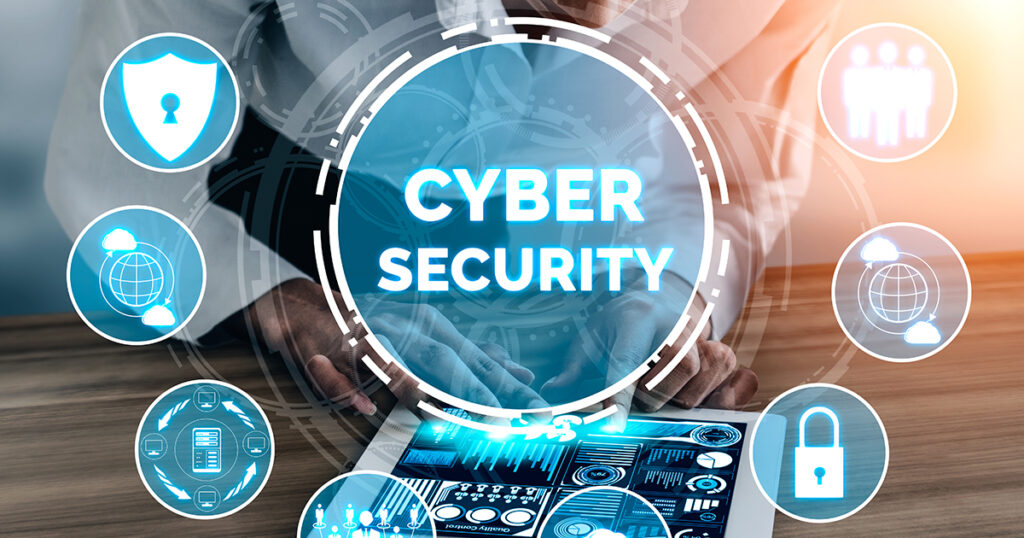
Specialised Cyber Security Services
Overview
Cybersecurity threats are continuously evolving, and organizations face increasingly sophisticated attacks that require specialized expertise. While general cybersecurity services offer broad protection, specialized services address particular vulnerabilities, regulatory requirements, or advanced attack techniques. These services are often more focused on specific aspects of an organization’s security needs and can be a crucial part of a comprehensive cybersecurity strategy. Specialized cybersecurity services can include solutions tailored to particular industries, such as healthcare or finance, as well as services targeting advanced persistent threats (APT), insider threats, and regulatory compliance.Types of Specialized Cybersecurity Services
- Managed Security Services (MSS)
- Outsourced management of an organization’s security infrastructure.
- Includes services like firewall management, intrusion detection/prevention, and log management.
- Threat Intelligence Services
- Gathering, analyzing, and sharing information about emerging threats and vulnerabilities.
- Provides actionable intelligence to anticipate and defend against targeted attacks.
- Incident Response & Forensics
- Specialized teams that respond to security breaches, mitigate damage, and restore operations.
- Digital forensics to analyze the cause of the breach and gather evidence for legal and compliance purposes.
- Penetration Testing & Vulnerability Assessment
- Simulated attacks on an organization’s systems to identify vulnerabilities.
- Provides insights into weaknesses and how they can be exploited by real attackers.
- Compliance and Regulatory Services
- Assistance with adhering to industry-specific regulations such as GDPR, HIPAA, PCI-DSS, or NIST.
- Ensures systems are properly configured to meet security standards and compliance audits.
- Cloud Security
- Solutions to secure cloud-based infrastructure, applications, and data.
- Includes configuration management, encryption, and access control for public, private, or hybrid cloud environments.
- Advanced Threat Protection (ATP)
- Protection against advanced persistent threats (APTs), zero-day attacks, and sophisticated malware.
- Real-time threat monitoring, sandboxing, and behavioral analysis to identify malicious activity.
- Endpoint Detection and Response (EDR)
- Tools and services to monitor and respond to security events on endpoints (laptops, desktops, servers).
- Includes advanced malware detection, real-time monitoring, and response capabilities.
- Identity and Access Management (IAM)
- Solutions to manage user identities, roles, and access rights across an organization.
- Protects against unauthorized access, insider threats, and supports secure user authentication methods like multi-factor authentication (MFA).
- Security Awareness Training
- Educating employees about security best practices, phishing attacks, social engineering, and overall risk awareness.
- Regular training programs to reduce the likelihood of human error leading to security breaches.
- Blockchain Security
- Specialized services to protect blockchain-based applications, cryptocurrency exchanges, and smart contracts from cyber threats.
- Focus on securing decentralized platforms and preventing attacks like double-spending or 51% attacks.
- IoT Security
- Protection of Internet of Things (IoT) devices and networks, which are often vulnerable to cyberattacks due to lack of security standards.
- Includes network segmentation, device authentication, and encryption to safeguard connected devices.
Benefits of Specialized Cybersecurity Services
- Advanced Protection Against Evolving Threats
- Specialized services focus on the most current and advanced threats, ensuring organizations are prepared for evolving attack methods.
- Industry-Specific Expertise
- Tailored services to meet the specific needs and risks of certain industries, ensuring compliance with relevant regulations and addressing unique threats.
- Improved Incident Response
- With specialized teams focusing on incident response and forensics, organizations can reduce the impact of security breaches and improve recovery times.
- Cost-Effective
- Outsourcing specialized cybersecurity services can be more cost-effective than hiring in-house experts, particularly for smaller organizations or those without dedicated cybersecurity teams.
- Enhanced Regulatory Compliance
- Specialized compliance services help ensure organizations meet regulatory standards, avoiding fines and protecting sensitive data.
- Proactive Threat Hunting
- Specialized cybersecurity services focus on actively seeking out potential threats before they can exploit vulnerabilities, reducing the chance of a successful attack.
- 24/7 Monitoring and Support
- Many specialized services, such as Managed Security Services and EDR, provide round-the-clock monitoring, ensuring the organization is always protected.
Challenges of Specialized Cybersecurity Services
- Complex Integration
- Integrating specialized cybersecurity services with existing IT infrastructure may require significant time and resources.
- Compatibility issues between new and legacy systems can cause delays or challenges in implementation.
- Cost Considerations
- Some specialized services can be expensive, especially for smaller organizations. However, this cost is often justified by the higher level of protection and expertise offered.
- Dependence on External Providers
- Organizations that rely heavily on third-party service providers for specialized cybersecurity may face risks if the provider fails to deliver or experiences service outages.
- Keeping Pace with Threats
- Cyber threats continue to evolve, and specialized cybersecurity services must continually update their methodologies, tools, and training to stay effective.
- Compliance Burden
- For industries with complex regulatory requirements, ensuring that specialized services align with legal and compliance obligations can be a challenging task.
Who Can Benefit from Specialized Cybersecurity Services?
- Enterprises in Highly Regulated Industries
- Organizations in finance, healthcare, energy, and other highly regulated sectors require specialized cybersecurity services to meet legal and regulatory standards.
- Large Corporations with Complex Infrastructure
- Large enterprises with complex IT environments and significant data assets can benefit from specialized services like threat intelligence, penetration testing, and compliance consulting.
- Organizations Adopting Emerging Technologies
- Companies incorporating new technologies, such as IoT, blockchain, or cloud computing, often require tailored cybersecurity services to address the specific risks associated with these innovations.
- SMBs with Limited Security Resources
- Small to medium-sized businesses (SMBs) that lack in-house cybersecurity expertise can rely on specialized services to safeguard their operations and minimize risks.
